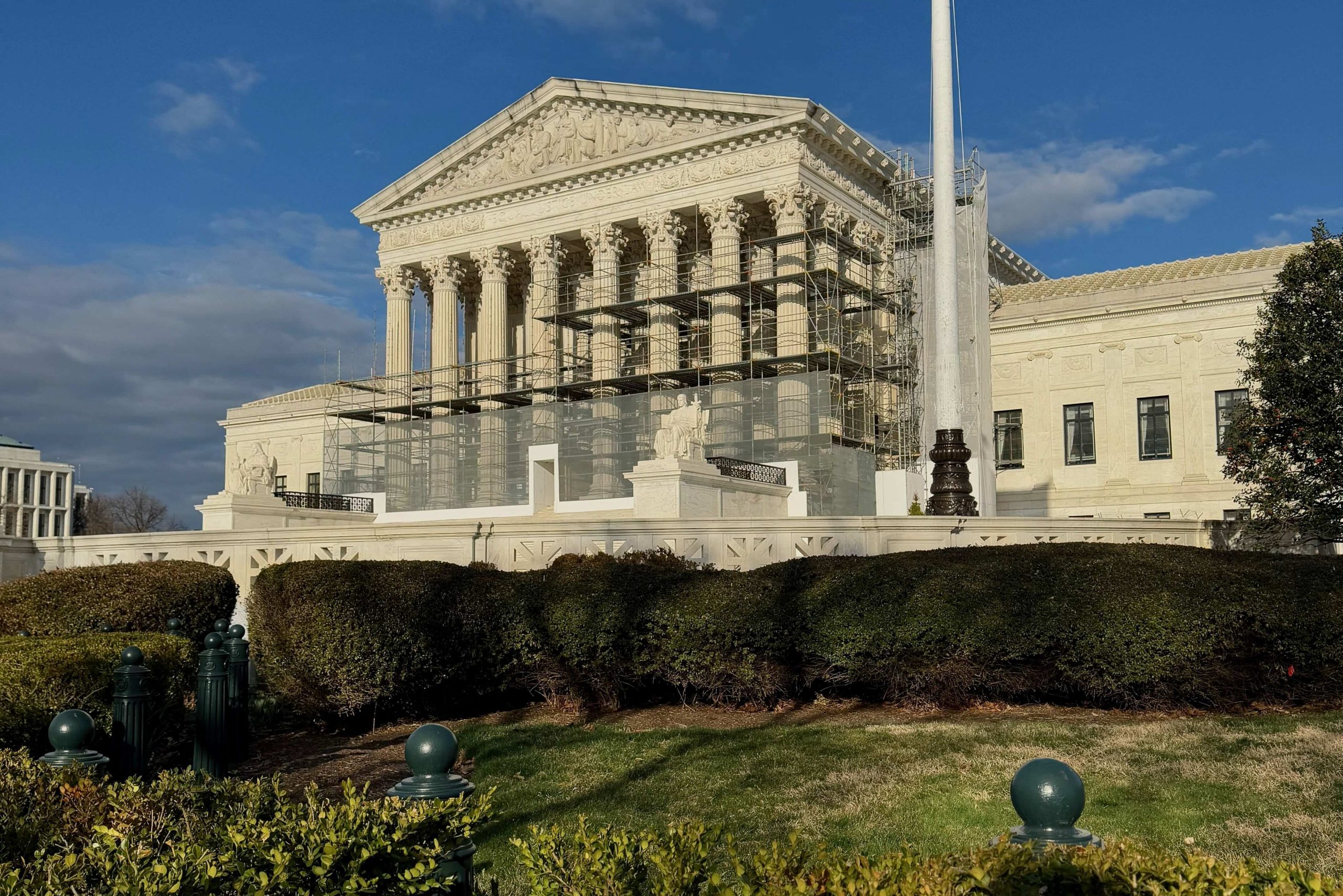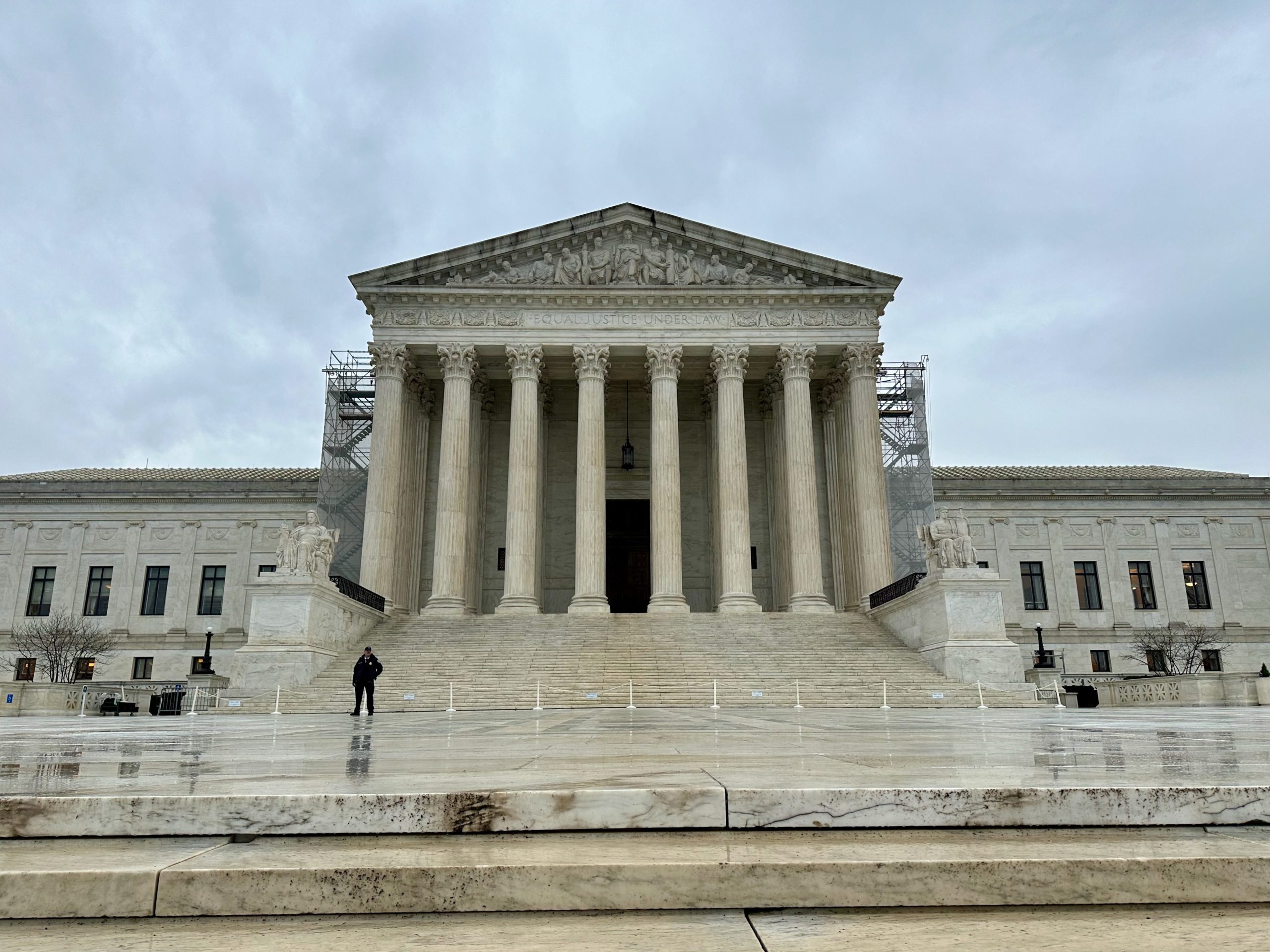The court adds two cases to the docket on Sixth Amendment and Retroactive Punishment
SCOTUS NEWS
On Monday morning, the Supreme Court added two new cases to its docket, which involve the Sixth Amendment right of counsel and restitution order. The announcement was made as part of the list of orders that came out of the justices’ conference on Friday, 4 April. The Constitution’s ex-post facto clause prohibits laws which retroactively increase punishment for a crime, or criminalize conduct which was legal at the time it occurred. The Supreme Court decided on Monday to determine whether a restitution sentence imposed as part a criminal sentence is a “punishment” which can violate the clause.
The court was asked to answer this question in two separate cases. The justices agreed that they would hear the case of Holsey Elliottburg, who had been sentenced to almost 27 years in prison for his role in a Georgia bank robbery and was ordered to pay restitution. According to federal laws in force at the time of the crime, he had to pay restitution for 20 years until 2016. In that time, he had paid about $2,000 in restitution. The law also requires defendants to pay interest on the restitution.
After 2016, the government continued to try to collect restitution from Ellingburg – including after he was released from prison. Ellingburg went to court, arguing that he should not have had to pay restitution after November 2016 and that the 1996 law violated the Constitution.
The U.S. Court of Appeals for the 8th Circuit rejected his argument, ruling that restitution is a civil remedy. Ellingburg asked the Supreme Court to hear his case in October. The justices didn’t take up the case William Neilly who had asked them to weigh in on the same question. Neilly’s request for review is likely to be put on hold while the justices decide on Ellingburg case next year. The Supreme Court on Monday agreed to decide a related question – whether a court can allow a defendant and his lawyer to meet, but nonetheless ban them from discussing his testimony.
The question comes to the court in the case of David Villareal, who was convicted and sentenced to 60 years in prison for the stabbing death of his boyfriend, Aaron Estrada. Villareal insisted that he was only acting in self-defense.
Villareal came to the Supreme Court in November, telling the justices that the lower courts are divided over whether such a bar is constitutional.
Texas acknowledged that the lower courts have reached different conclusions regarding the propriety of such orders. The state argued that because they are “so rare”, the Supreme Court doesn’t need to weigh in. And in any event, the state added, such orders are “compatible with the Sixth Amendment’s original meaning.”
After considering the case at two consecutive conferences, the Supreme Court granted Villareal’s petition for review.
The justices also turned down, without comment or relisting it for consideration at a second conference, a request to weigh in now on the constitutionality of the concealed-carry licensing scheme that New York enacted in the wake of the court’s 2022 decision in New York State Rifle & Pistol Association v. Bruen, which struck down the law then in effect.
As the case came to the court, it hinged in particular on what time period courts should look at to determine the original meaning of the Second Amendment’s right to bear arms and the law’s requirement that an applicant have “good moral character.” New York officials had stressed that the ruling by the U.S. Court of Appeals for the 2nd Circuit allowing the state to enforce most of the law was only a preliminary one “and may change” as the litigation continues.
The court once again did not act on several high-profile petitions for review that have been pending for several weeks, including challenges to Rhode Island’s ban on large-capacity magazines and Maryland’s ban on military-style assault rifles, as well as a challenge to the transfer to a mining company of federal land in Arizona that the San Carlos Apache Tribe says would destroy specific religious rituals at the site forever. This article was originally published on Howe on the Court.






